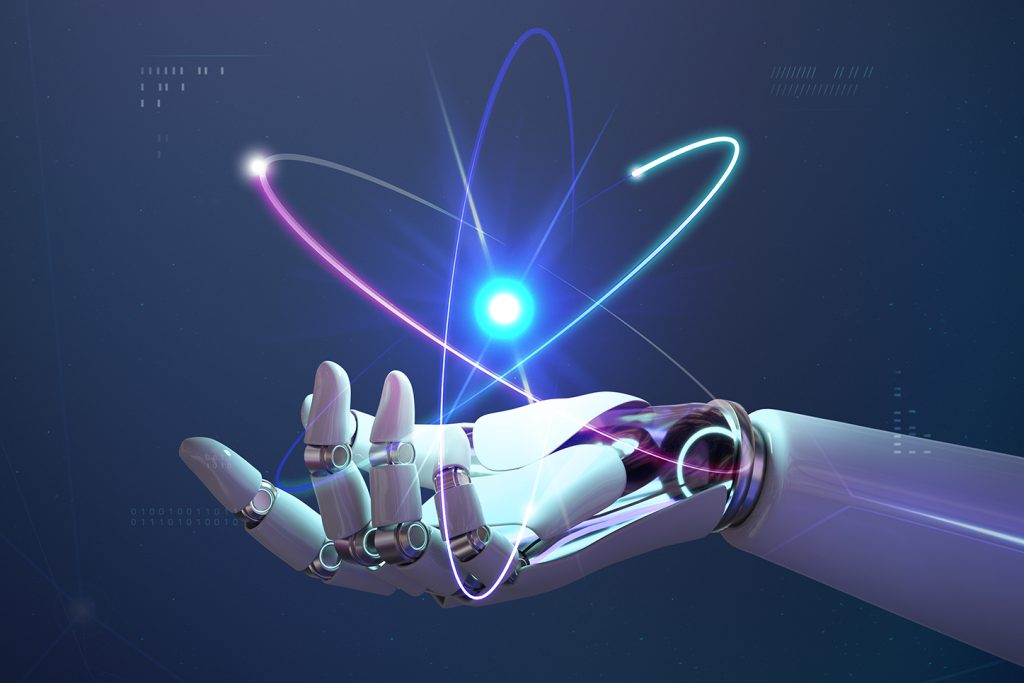
Introduction
Artificial Intelligence (AI) has emerged as a technological revolution that is reshaping industries, societies, and the way we live and work. This transformative force is not a futuristic concept; it is already deeply integrated into our daily lives, from virtual assistants like Siri and Alexa to personalized movie recommendations on streaming platforms. In this article, we will explore the world of AI, its evolution, current applications, and its potential to revolutionize various sectors.
The Evolution of Artificial Intelligence
The concept of AI has been around for decades, dating back to the 1950s when computer scientists began exploring the idea of creating machines that could mimic human intelligence. Early AI systems were limited in their capabilities and often relied on rule-based approaches. However, over time, AI has evolved significantly, driven by advancements in machine learning, deep learning, and neural networks.
Machine Learning: A Cornerstone of AI
Machine learning is a fundamental subset of AI that enables computers to learn from data and make decisions without explicit programming. This paradigm shift has paved the way for AI systems to become more adaptable and intelligent. Algorithms like decision trees, support vector machines, and random forests have been instrumental in various AI applications, such as fraud detection, recommendation systems, and autonomous vehicles.
Deep Learning: Unleashing the Power of Neural Networks
Deep learning is a subset of machine learning that has gained prominence in recent years, thanks to the development of powerful hardware and vast datasets. Deep neural networks, inspired by the human brain, have enabled AI systems to tackle complex tasks, including image and speech recognition, natural language processing, and game playing. Deep learning has revolutionized industries like healthcare, finance, and entertainment.
Applications of Artificial Intelligence
- Healthcare: AI is transforming the healthcare industry by improving diagnostics, drug discovery, and patient care. Machine learning models can analyze medical images, detect diseases, and predict patient outcomes with remarkable accuracy. Chatbots and virtual health assistants are also enhancing patient engagement and reducing administrative burdens.
- Finance: In finance, AI algorithms are used for fraud detection, algorithmic trading, and risk assessment. These systems can analyze vast amounts of financial data in real-time, making better investment decisions and minimizing risks.
- Transportation: Self-driving cars, trucks, and drones are examples of AI-powered transportation innovations. These vehicles rely on sensors, cameras, and AI algorithms to navigate roads and deliver goods safely. AI also plays a crucial role in optimizing traffic management and reducing congestion in smart cities.
- Customer Service: Chatbots and virtual assistants have revolutionized customer service by providing instant support and personalized recommendations. AI-driven chatbots can handle routine inquiries, leaving human agents to focus on more complex issues.
- Education: AI is reshaping education through personalized learning platforms that adapt to individual students’ needs. These platforms use data analytics to track student progress and provide tailored lessons and resources.
- Entertainment: Streaming platforms like Netflix and Spotify use AI algorithms to recommend content to users based on their preferences. AI-generated content, such as music and art, is also gaining popularity.
